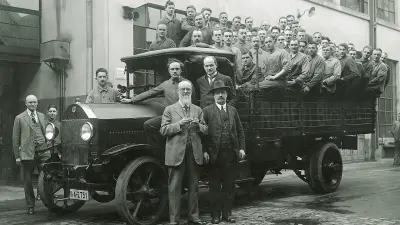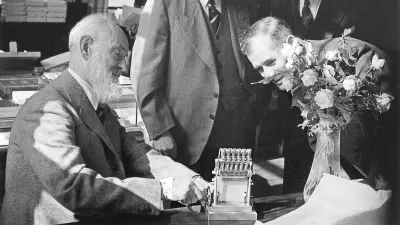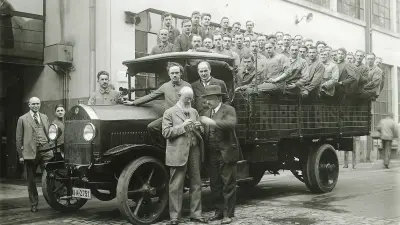The man and entrepreneur
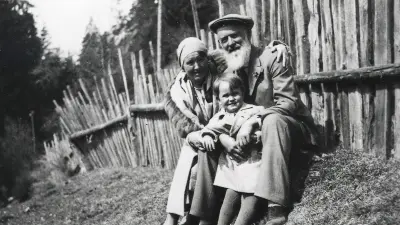
His origins
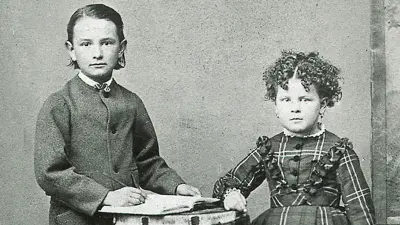
Robert Bosch was born on September 23, 1861, in Albeck near Ulm in southern Germany. He came into an already large family as the eleventh of twelve children. The Bosch family was prosperous as his father Servatius, as well as his mother Maria Margaretha, had inherited land. In addition to farming, they also ran the “Krone” inn.
Servatius had a considerable impact on Robert Bosch’s beliefs in early life. He himself had been well-educated, was a proud democrat, and believed strongly in justice for all. These were all causes that his son later took to heart.
Robert Bosch attended the secondary-technical school in Ulm. At the age of 15 he followed his father’s advice and began an apprenticeship as a precision mechanic which he completed three years later.
Journeyman years
He now had the freedom to explore, broaden his horizons, and expand his knowledge. As it was the custom of the time, he worked first as a journeyman, experiencing life at several companies and learning more about his craft. It was during this period that Bosch came into contact with the new field of electrical engineering. He was thrilled by the possibilities it offered. To learn more, he enrolled at Stuttgart Polytechnic as a non-registered student for one year. His journey of discovery soon led him further afield to the United States and England. He briefly worked at Thomas Edison’s ‘Edison Machine Works’ in New York City, as well as spending time at ‘Siemens Brothers’ in Woolwich, London. Slowly but surely, he started getting a picture of what his professional life might look like in the future. At the age of 25 he opened his own small business, the “Workshop for Precision Mechanics and Electrical Engineering” in November 1886.
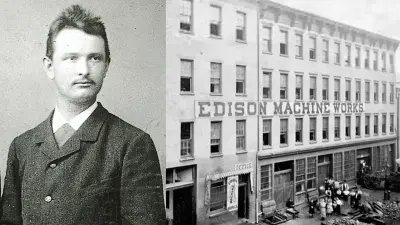
His first family
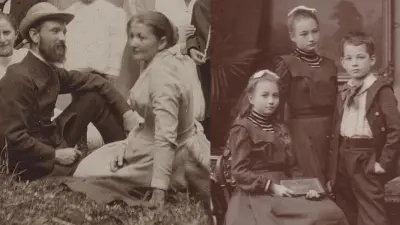
One year after going into business for himself he married his fiancée Anna Kayser. Robert and Anna Bosch’s daughters, Margarethe and Paula, were born in 1888 and 1889 respectively. One and a half years later, the couple’s third child Robert was born. With the arrival of third daughter, Erna Elisabeth, in 1893 the family seemed complete. However, two years later, the Bosch family was dealt a terrible blow when little Elisabeth died suddenly of “acute diabetes”.
Sadly, a second blow was to follow. Robert Bosch had high hopes of his son, even thinking that he would perhaps takeover the family business when the time came. But during his teenage years young Robert developed multiple sclerosis and died in 1921. He was just 30 years old. The death of their son, and the grief they felt after his loss, clearly put a great strain on Robert and Anna Bosch’s marriage. Their relationship ended and they divorced.
His second family
Robert Bosch married his second wife, Margarete, in 1927. She was 27 years his junior and filled the Bosch household with life. After a year of marriage Robert and Margarete were able to celebrate the birth of their son Robert in 1928. Three years later in 1931, their daughter Eva was born. By this time Robert Bosch had relinquished responsibility for the day-to-day running of the business and was able to spend a more time enjoying family life. During the last years of his life Robert Bosch and his family left their Stuttgart home to live at the Bosch Farm near Munich.
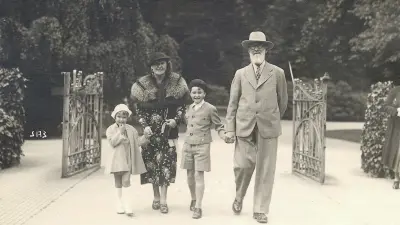
The nature lover
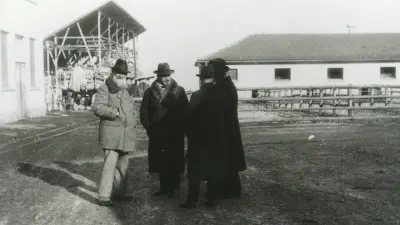
The Bosch Farm was an early project of Robert Bosch, established in the 1920s as a model farming estate. The plan was to use state-of-the-art technology to produce high-quality products that could be sold locally. While the estate struggled to become a commercial success, due to the poor quality of the soil, the Bosch family came to love the beautiful location and the peace and quiet of being close to nature.
Living life in nature had always been a passion of Robert Bosch. He loved hiking and was also a keen hunter, a pursuit which also made him aware of the importance of conservation. An invitation to join a Bosch hunting expedition was a sign that you were held in considerable esteem. He said that hunting reveals a completely different side to people. Those who passed the test could look forward to a strong relationship with Robert Bosch, particularly in business.
Associates not wage earners
As discerning as Robert Bosch was in choosing business partners, he was particularly astute in selecting the people he worked with in his company. He seemed to have a “Midas touch” when trusting associates with senior positions; a crucial talent when building any successful industrial enterprise. Rather than simply earning a wage, Robert Bosch wanted his associates to feel they were a part of the bigger picture, fully integrated into the business. He wanted “to cultivate eager associates by letting each individual work independently as far as possible while at the same time delegating the responsibility that goes with the task.”
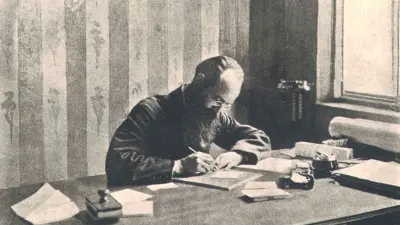
“I don’t pay good wages because I have a lot of money; I have a lot of money because I pay good wages.”
Focus on quality
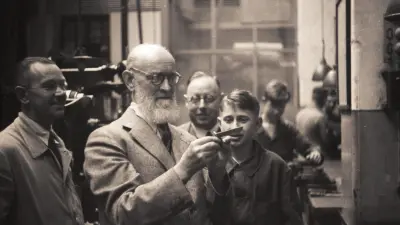
Ultimately, this willingness to assume responsibility also brought financial benefits. The associates at Bosch received comparatively high wages. All of Robert Bosch’s associates, and particularly those he had trusty with authority, were encouraged to grow and prove themselves continually. As a man who ran a tight financial ship, Robert Bosch had little patience for disorder in the workplace or poor-quality workmanship. In 1921, he outlined this principle: “I have always acted according to the principle that ‘I would rather lose money than trust.’ The integrity of my promises, the belief in the value of my products and in my word of honour have always had a higher priority to me than a transitory profit.”
“Father Bosch”
While Robert Bosch demanded much from his associates, he also made sure they had the equipment they needed to succeed. Ever since its inception, exemplary working conditions and a positive work environment had been the hallmarks of the company. Robert Bosch was convinced that these factors directly influenced his associates’ motivation, which in turn improved the company’s performance as a whole. In line with this belief, as early as 1906, he became one of the very first employers to introduce the eight-hour working day.
It was not long before Robert Bosch was affectionately nicknamed “Father Bosch” by his associates, who recognized his sense of duty towards the workforce and their welfare. This was a responsibility he continued to take especially seriously. And in his ability to promote independent action and delegate tasks, he was also a pioneer in management principles that are still valid today.
